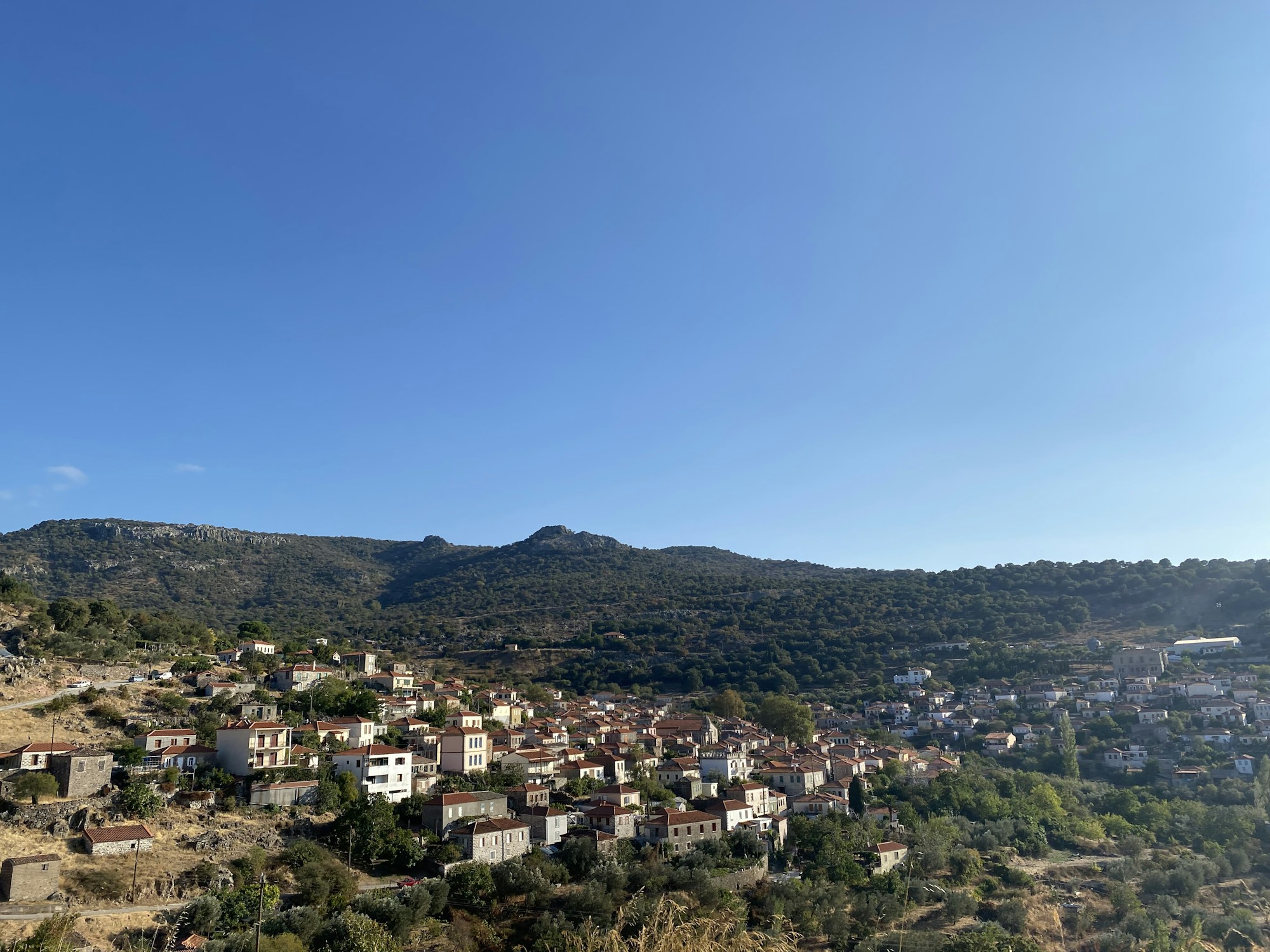Discover Lesbo: History, Customs, and Festivals Guide
Explore Lesbos: Dive into its rich history, vibrant customs, and colorful festivals in this comprehensive guide.

Discover Lesbos: History, Customs, and Festivals Guide
Lesbos, also known as Lesvos, is a beautiful Greek island located in the northeastern Aegean Sea. Known for its rich history, vibrant culture, and unique customs, Lesbos offers an immersive travel experience. This guide will help you explore the island through its history, traditions, and lively festivals.
Historical Context
Lesbos has a rich historical tapestry that dates back thousands of years. The island is known for being the birthplace of the ancient Greek poet Sappho, whose lyrical poetry has influenced generations.
Ancient Period
The island was initially inhabited during the prehistoric period. Archaeological finds suggest that Lesbos was a significant center during the Bronze Age. During the Archaic period, it became an influential cultural and economic hub in the Aegean Sea.
Classical Period
In classical times, Lesbos was known for its artistic and intellectual contributions. Notable figures such as the poet Alcaeus and historians like Theophrastus and Hellanikos hailed from the island. It was also a member of the Delian League during the 5th century BC.
Byzantine and Ottoman Periods
During the Byzantine era, Lesbos played a strategic role due to its geographical location. The island experienced numerous invasions and occupation periods, including the Ottoman Empire's rule, which left a lasting legacy on the architecture and culture of Lesbos.
Cultural Practices
Language and Religion
The primary language spoken on Lesbos is Greek, with many locals also conversant in English. The dominant religion on the island is Greek Orthodox Christianity, and you can find numerous beautiful churches and monasteries.
Local Cuisine
Lesbos is renowned for its traditional Greek cuisine with a local twist. Here are some popular dishes you must try:
- Mytilene Kebab: A local variant of kebabs, often featuring fresh seafood.
- Sardeles pastes: Salted sardines served in a unique Lesbos style.
- Ladotyri Mytilinis: A traditional cheese made from sheep's milk.
Olives and olive oil from Lesbos are also famous worldwide for their high quality.
Traditional Handicrafts
Lesbos has a strong tradition of handicrafts. Pottery, needlework, and wood carving are common, with unique designs that reflect the island's history and culture. Souvenirs like handmade rugs, ceramics, and intricate wood carvings are popular among visitors.
Festivals
Lesbos hosts numerous festivals throughout the year, celebrating everything from religious events to local customs. Here are some of the most notable festivals you might want to experience:
Festival of Agios Haralambos
This festival, held in early February in the village of Agia Paraskevi, honors St. Charalambos, the patron saint of shepherds. The event includes religious ceremonies, traditional dancing, and a livestock fair.
Sardine Festival
Usually taking place in late July or early August in the town of Kalloni, the Sardine Festival celebrates the island's rich fishing heritage. The festival features live music, dancing, and plenty of freshly grilled sardines.
Olive Festival
Held in November, this festival celebrates the olive harvest. Visitors can enjoy olive oil tasting sessions, traditional music, and dance performances, as well as participate in olive-picking activities.
Festival of Taxiarchis
This religious festival in Mantamados takes place in April honoring Archangel Michael, one of the most venerated saints in Lesbos. The festival includes a pilgrimage to the Monastery of Taxiarchis, religious ceremonies, and local feasts.
Local Anecdotes and Interesting Facts
- Lesbos is often referred to as the "Island of Poets" due to its rich literary history, including poets like Sappho and Alcaeus.
- The island is home to the Petrified Forest, a UNESCO Global Geopark featuring fossilized trees that date back millions of years.
- Lesbos has a unique architectural style that combines elements from different historical periods, including Byzantine and Ottoman influences.
- The island is a popular destination for bird watchers, with two major wetlands attracting numerous migratory birds.
With its deep historical roots, vibrant culture, and stunning landscapes, Lesbos is a destination in Greece that offers rich and varied experiences for every kind of traveler.
